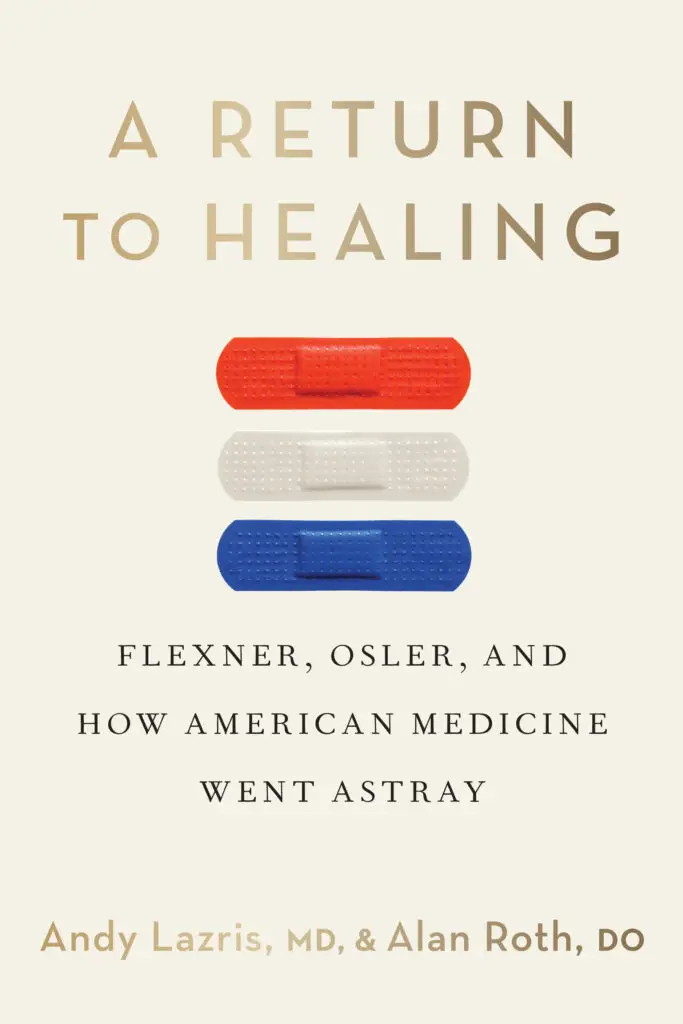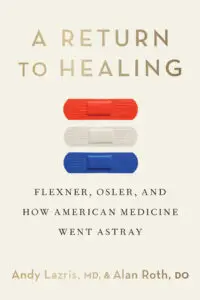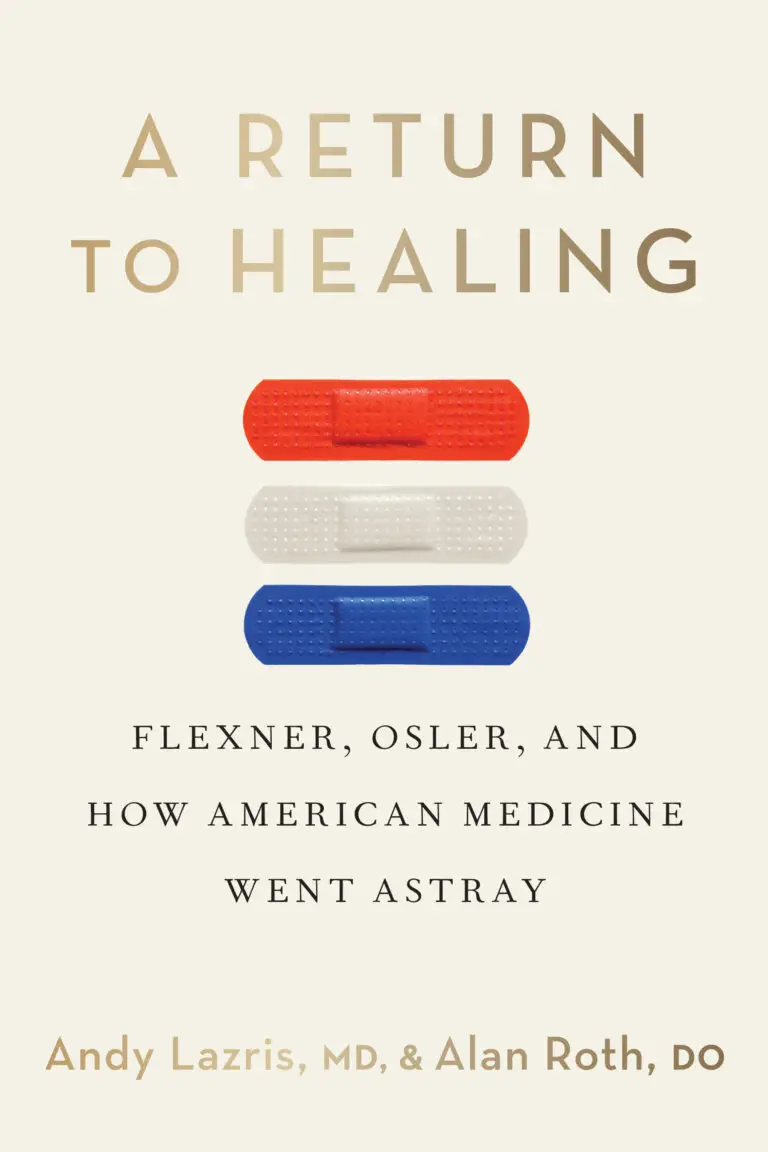When a test says “heart attack,” but your body says otherwise — is it overdiagnosis?
In this downloadable article from American Family Physician, Dr. Andy Lazris and Dr. Alan Roth investigate the growing concern around the overdiagnosis of myocardial infarction (MI) — especially in older adults and patients with comorbidities. The widespread use of troponin testing, even in patients without cardiac symptoms, has increased the number of diagnosed MIs, many of which are not life-threatening and do not involve coronary artery blockage. This nuanced look at modern cardiology raises critical questions about how overtesting can lead to overtreatment, a theme deeply explored in their book, A Return to Healing.
What Is the Overdiagnosis of Myocardial Infarction?
Overdiagnosis happens when elevated troponin levels—often unrelated to blocked arteries—are misinterpreted as heart attacks. This can trigger a chain of unnecessary hospital stays, invasive tests, and long-term emotional and financial stress.
How Troponin Testing Leads to Overtreatment
Troponin tests are useful, but not always conclusive. Especially in older adults, minor elevations can stem from infection, kidney issues, or even dehydration—not an actual myocardial infarction.
Why This Matters for Patients and Providers
Labeling someone with an MI when it’s not accurate can lead to mismanaged care. It also limits a doctor’s ability to treat based on clinical judgment, not just data.
Key Takeaways
Elevated Troponin Doesn’t Always Mean Heart Attack
Troponin levels can rise for many reasons — infection, exercise, renal disease, or even aging — yet often trigger unnecessary hospital admissions, tests, and anxiety.
Type 2 MI: Real Condition, Misleading Label
Type 2 myocardial infarction, often diagnosed in the absence of blocked arteries, has become increasingly common due to broad troponin testing. However, many of these cases do not benefit from aggressive cardiac interventions.
The Consequences of Overdiagnosis
A diagnosis of MI can lead to invasive testing, emotional distress, and long-term insurance or employment implications — all without proven clinical benefit.
Why It Matters in the Context of the Book
The Overdiagnosis of Myocardial Infarction directly supports the arguments made in A Return to Healing, where Drs. Lazris and Roth call for a return to patient-centered, evidence-informed care over the current system’s data-driven, profit-incentivized model. This article exemplifies how protocols can override clinical judgment, leading to a cascade of unnecessary interventions.
This issue is at the heart of the patient-centered model presented in A Return to Healing. In the book, Dr. Andy Lazris and Dr. Alan Roth show how protocols and profit-based incentives often override good judgment. This article is a powerful real-world example of what happens when data replaces listening, intuition, and individualized care.
To learn more about this topic and others like it, explore the About the Book page or meet the authors.







